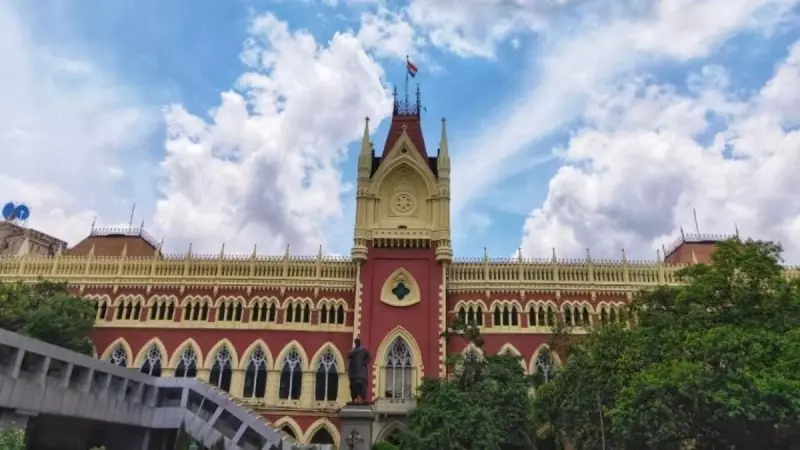
In a significant development that questions colonial-era practices in modern democracy, the Calcutta High Court has directed the Election Commission of India (ECI) to file an affidavit regarding a Public Interest Litigation (PIL) challenging the use of the honorific 'Sir' in official voter lists.
Court Takes Stern Stand on Colonial Legacy
The division bench, comprising Chief Justice T.S. Sivagnanam and Justice Hiranmay Bhattacharyya, has given the ECI a strict deadline to submit its response. This move comes after the PIL highlighted that the practice of using 'Sir' as a prefix in voter identification documents dates back to the 2002 electoral rolls, raising serious questions about the persistence of colonial terminology in independent India's democratic framework.
The Core Issue: Democratic Identity vs Colonial Hangover
The petition fundamentally challenges whether honorifics like 'Sir' - a title historically associated with British knighthood and colonial hierarchy - have any place in the voter identification process of a sovereign democratic nation. The PIL argues that such prefixes create unnecessary social stratification in what should be an equalizing democratic exercise.
Key concerns raised include:
- The appropriateness of colonial titles in post-independence electoral processes
- Potential implications for voter equality and democratic principles
- The legal basis for continuing a practice established in 2002 without contemporary review
- Whether such honorifics align with constitutional values of equality and dignity
Election Commission Under Judicial Scrutiny
The court's directive puts the Election Commission in the spotlight, requiring them to legally justify the continuation of this two-decade-old practice. The affidavit demanded by the High Court will need to address whether the use of 'Sir' aligns with contemporary democratic norms and constitutional principles.
This case emerges from West Bengal, a state with a complex colonial history, making the questioning of British-era practices particularly significant. The court's intervention suggests that the judiciary is taking seriously the need to examine and potentially dismantle colonial legacies that persist in India's governance structures.
Broader Implications for Democratic Processes
Legal experts suggest that the outcome of this case could have far-reaching consequences beyond West Bengal. If the court rules against the use of such honorifics, it might trigger similar challenges across other states and potentially lead to a nationwide review of colonial-era practices in electoral and governance systems.
The case represents an important moment in India's ongoing journey to decolonize its institutions and ensure that democratic processes reflect contemporary values rather than historical hierarchies.






